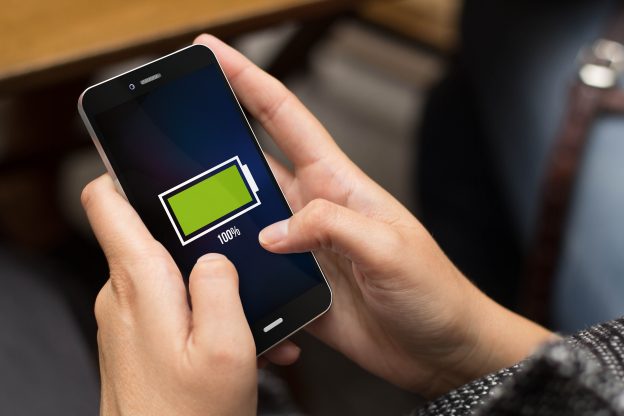
Are charging issues difficult to resolve? The Indonesian market is set to welcome the fastest ultrafast charging solution in the world, via charging modules provided by Hong Kong-based startup Desten. Desten’s solutions are capable of charging EVs from zero to 80% full within a mere four minutes and forty seconds.
Emerging energy company Desten from Hong Kong recently announced what it claimed to be the fastest EV charging solution available. This solution can charge EVs at 900kW of power. Desten’s statistics indicate that it takes only five minutes to provide about 500km of driving range for vehicles.
“Five-minute charging can make electric cars far more appealing than they are today as we don't require a change in driving behaviors,” said Desten CEO Siamak Kia in a press release. Once Desten’s ultra-high speed charging equipment is installed in existing gas stations, a seamless migration from ICE vehicles to EVs can take place, making the latter much more attractive.
Desten showcased its technologies in Jakarta the week of October 4, after which the company will proceed with its road trip through the Middle East, Europe, and North America, although Indonesia is expected to be the first commercially viable market for Desten.
Why is it Indonesia and not China or Europe, regions that house an enormous number of EVs? Desten indicates that the Indonesian government has been searching for solutions that can ensure the expedient availability of charging infrastructures while being compatible with current electrical grids. Furthermore, not only is the government aggressively transitioning Indonesia towards renewable energies, but it is also preparing to develop a comprehensive battery industry. Taking these factors into account, Desten has thus decided to realize their goal of quick growth via Indonesia as a launching point.
One problem remains: if all it takes to address charging efficiency issues is to raise the charger’s power up to 900kW, then why don’t other companies do the same? More specifically, of all fast charging equipment that is commercially available right now, Porsche has the highest power at 320kW, while Tesla has the most widely available infrastructure with its V3 supercharger, capable of 250kW of power. What would happen should these solutions raise their power to 900kW? The answer is simple: they would overheat.
Once massive currents surge into the battery, a corresponding amount of heat is accumulated, meaning the battery’s temperature quickly rises. This principle is widely known, especially by Samsung and LG. That is why, to make use of Desten’s ultrafast charging system, one must pair it with the company’s proprietary battery system. According to Desten, its battery’s materials and architecture differ from those of mainstream li-ion batteries, meaning a water-cooling system is not required for the maintenance of stable temperatures during high-efficiency charging cycles. The increase in temperature is believed to not exceed 15 degrees Celsius.
At the same time, Desten batteries can survive 3,000 charging cycles for a total driving range of 1.5 million km. Such endurance is not only cost-saving, but also environmentally friendly.
It would be great if all the above claims made by Desten were true. However, it remains to be seen whether this revolutionary battery and charging technology can stand the test of time in the market.
(Image: Desten)







